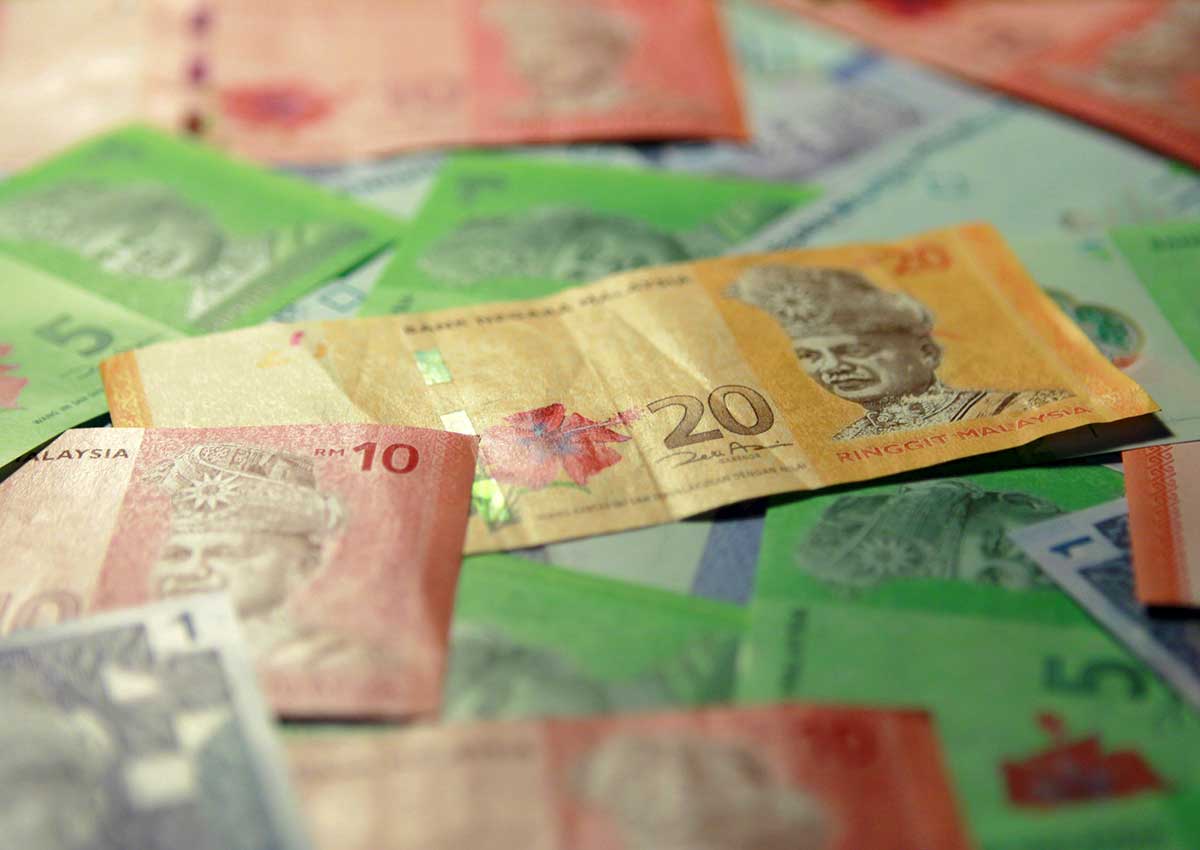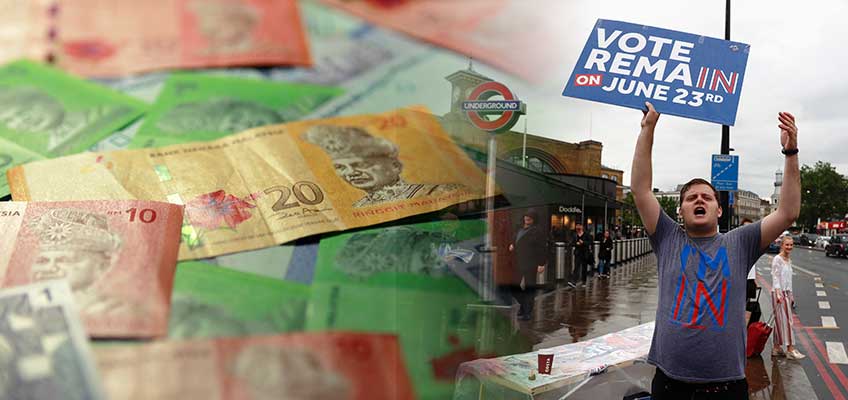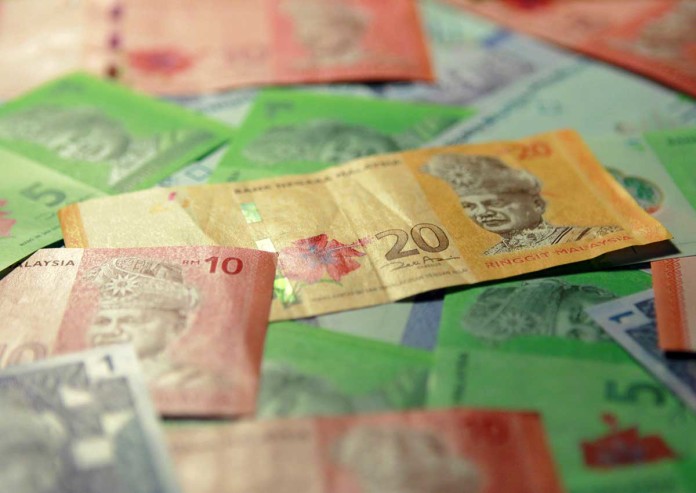KUALA LUMPUR – Malaysia’s central bank is expected to leave its benchmark rate unchanged on Wednesday, at its first policy meeting since Donald Trump’s win in the US presidential election battered the ringgit.
The ringgit has shed more than 5 per cent since his victory, hitting a 13-month low of 4.435 on Tuesday (Nov 22).
It also fell to its weakest level in since last September against the Singapore dollar, with one Singdollar fetching RM3.11, The Straits Times reported.
Bank Negara Malaysia (BNM) cut its overnight policy rate by 25 basis points to 3.00 per cent in July, and some analysts earlier expected another trim this year to try to boost weakening domestic demand. But the tumble in the ringgit since Trump’s win ensures no cut on Wednesday, they say.
Also read: Malaysia’s ringgit may keep tumbling amid the market’s Trump tantrum
All 13 economists polled by Reuters forecast no rate change on Wednesday, on concerns it would put more pressure on the ringgit.
HSBC thinks BNM is likely to cut the key rate by 25 basis points in the first quarter of 2017. “Low inflation, particularly over January and February, will provide scope for easing,” the bank said in a Nov. 18 research note.
July’s rate cut, the first in seven years, came less than two weeks after Britain’s Brexit vote.
The recent ringgit slump has overshadowed a surprise turnaround in Malaysia’s economy, which reported 4.3 per cent annual growth in July-September, ending a five-quarter decline in the expansion pace.
In January, the government trimmed the 2016 growth projection to 4.0-4.5 per cent from 4.0-5.0 per cent.
Nomura says BNM is likely leaning towards a possible 50 basis point cut to its statutory reserve requirement ratio (SRR) to deal with growing financial imbalance risks.
With the weakening ringgit, cutting the SRR is a “more viable option” than the benchmark, it said in a Nov. 21 note.
In January, BNM unexpectedly cut the SRR to 3.5 per cent from 4.0 per cent to add liquidity to the banking system.
The Royal Bank of Scotland (RBS) cautioned against an SRR cut on Wednesday. It said loan growth averaging 5.9 per cent over the first three quarters against overall deposit growth of 0.2 per cent “sets up conditions for a liquidity squeeze”.








